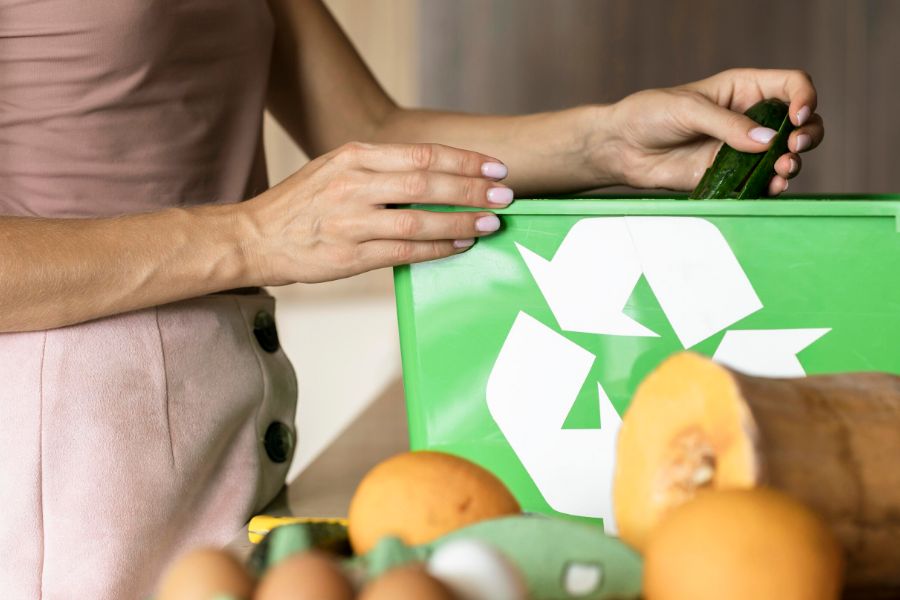Global food loss and waste have reached nearly 1.3 billion tons annually. This number represents a third of all food produced for consumption in the world. This food loss and waste occurs throughout the supply chain, from farm to fork. Food resources are limited. At the same time, the global population is increasing and the demand for food will also increase. In that context, reducing food waste is an urgent issue. This article provides information on how digital transformation can reduce food waste.
The need for innovation to reduce food waste
The need to reduce food waste is becoming increasingly urgent, and the need for innovation is equally important. Food waste is an ethical issue because it exacerbates food insecurity by depriving people of the resources they need. Through decomposition in landfills, discarded food also contributes to climate change, biodiversity loss and pollution. Therefore, the application of technologies and innovations will help limit pollution and food shortages worldwide.
Innovations are key to driving these systemic changes needed to reduce food waste at each stage of the supply chain, from production to processing, from the retailer to consumers’ homes.
Digital transformation can help reduce food waste
In restaurant
First of all, for restaurants, digital transformation, such as the application of techniques in preservation and processing to help food be fresher and used longer is essential. Restaurants can use IoT technology to automate maintenance and workflow processes and enable early fault identification, which can greatly reduce critical machine failures. This ultimately minimizes chiller downtime and thus reduces the potential for food waste due to property damage.
To reduce food waste, restaurants should also use IoT in the supply chain. Better communication in the supply chain will help reduce the amount of waste generated, as each stage of the supply chain is in constant contact with each other to ensure our resources are managed effectively.
In supermarket/retail store
Applying IoT technology to reduce food waste is also a priority for supermarkets and retail stores. IoT technology is applied in the supply chain by allowing all stakeholders to access key data shared across systems. For example, a batch of bad fruit shipped to supermarkets with a high percentage of internal browning will require a specific device to ensure the maximum value that can be extracted from that batch of fruit. This application can share data through IoT to help reduce waste from the consumer’s point of view. Retailers or supermarkets can use real-time data in stores to showcase when the product has been picked and provide detailed information on expected “sell by date”. This can help consumers know more about how long they have to eat, thereby helping to reduce food waste through the adoption of technology.
Besides, supermarkets can use digitization to help improve the infrastructure they already have. Retail stores/supermarkets can deploy more advanced cold chain solutions in emerging markets, which can prevent large-scale food loss and waste. In addition, investing in an efficient grading system is a key approach to reducing food waste created earlier in the supply chain.
ConnectPOS is a powerful technology solution that helps you manage food chains and processes. Whether in restaurants or retail stores/supermarkets, ConnectPOS will help you manage your products, recommending foods with a short shelf life to be consumed earlier to reduce food waste.
Conclusion
Reducing food waste is essential for everyone and for it to happen at scale and quickly, the adoption of technologies is equally essential. Contact us to help your food business reduce food waste.



